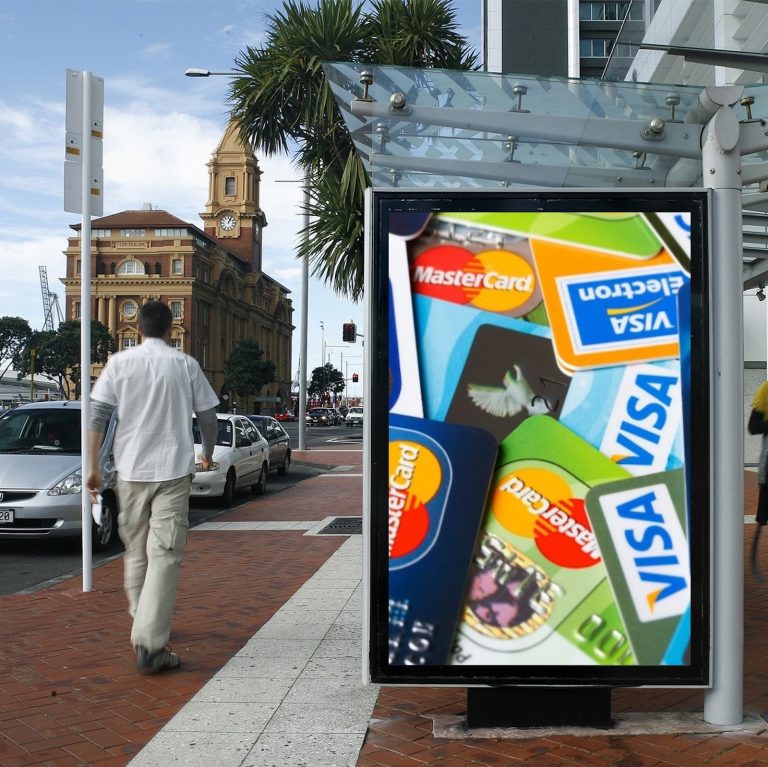2018-11-28 11:56 |
A proposal, the Payment Services Bill, was introduced to the parliament of Singapore in an effort use the country’s central bank to oversee the providers of payment services for cryptocurrency. It would specifically apply to providers that do not fall under the jurisdiction of the Money-Changing and Remittance Businesses Act or the Payment Systems Oversight Act. As of November 27th, the bill has been tabled.
Primarily, the legislation came up for the government as a result of the growing applications that crypto assets can be used under, after realizing that the current laws do not broach the topic properly. Along with the regulation of cryptocurrency, the bill would outline policies involving domestic and international money transfers, plus transactions with foreign exchanges.
In a statement from the Monetary Authority of Singapore (MAS), the entity stated,
“The payment services regulated under the Bill are: a) account issuance service; b) domestic money transfer service; c) cross border money transfer service; d) merchant acquisition services; e) e-money issuance service; f) digital payment token service; g) money-changing service.”
Any provider that chooses to offer services as listed above will be required to get a license first, which will be connected to the risk involved. Payment services will fall under the classification of major payment institutions, standard payment institutions or money-changing institutions, based on the transaction volumes. To qualify as the latter, the service will need to process under $3 million monthly, while electronic money float must remain below $5 million.
Though there are many conditions, any applicant for a license will have to possess a permanent place of business, which must be located within Singapore. If they don’t have a physical place of business, they must at least have an office in the area.
There will be a small grace period, but the MAS plans to be strict about their requirements for cryptocurrency. Other payment service providers have up to a year, while providers that deal with digital assets will have half of that time to align themselves in compliance with the local regulations.
Last year in November, the Payment Services bill had been seen for the second time. Back then, the MAS had hoped for broader coverage of payment services providers.
The authority said,
“The new framework will expand the scope of regulation to include domestic money transfers, merchant acquisition and the purchase and sale of virtual currencies. Only payment activities that face customers or merchants, process funds or acquire transactions, and pose relevant regulatory concerns will need to be licensed.”
origin »Bitcoin price in Telegram @btc_price_every_hour
Render Payment (RPM) на Currencies.ru
|
|















